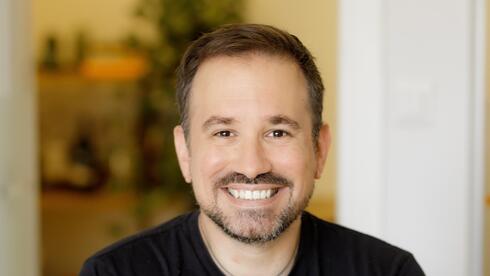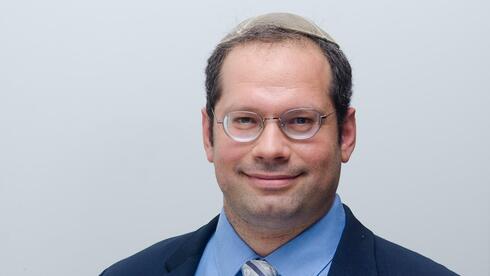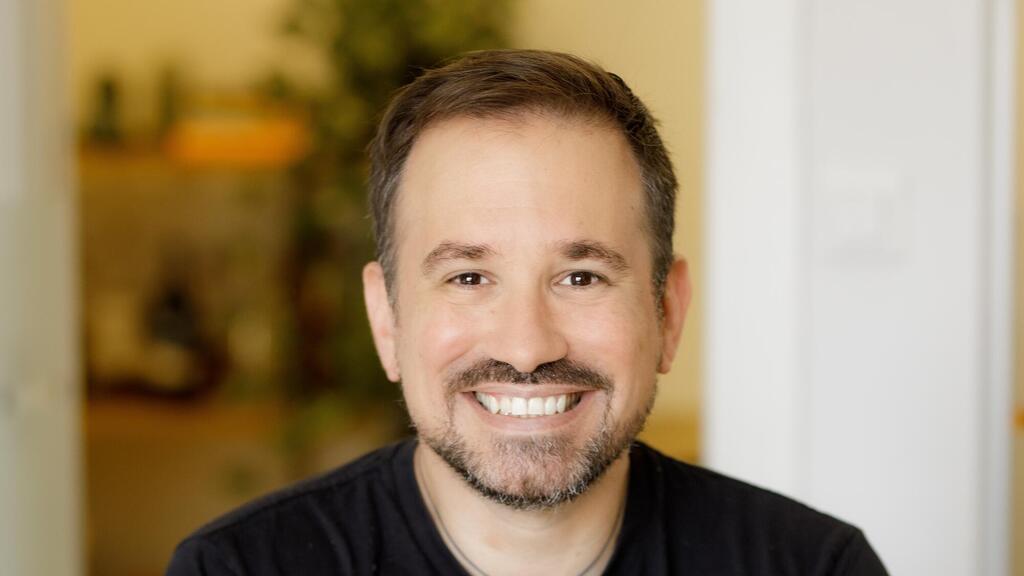
Calls for intifada sweep Columbia University during Hanukkah
Protests have continued on American college campuses despite a backlash in how faculty have handled the rise of antisemitic chants, prompting a reckoning for institutions once seen as America’s finest
Jews at Columbia University were met by calls for intifada and to free Palestine 'from the river to the sea' on the fifth day of Hanukkah, mere days after the American Ivy League school had banned such chants and a week following the disastrous congressional hearing that saw multiple presidents fail to identify genocide against the Jewish people as hate speech or against their code of conduct.
Defendants of those calling for intifada describe it as a ‘rebellion’ or ‘uprising’. However, many Jewish people around the world recognize it as an antisemitic chant that implies violence against Jews, Israelis, and institutions that support the state of Israel. Calls to ‘globalize’ the intifada effectively call for people from around the world to participate in an ‘uprising’ against Israel and its supporters 'by any means necessary'.
The protests are the latest in a long line of demonstrations on college campuses that have expressed concern for Palestinians amid the ongoing war between Israel and Gaza, but more notably, sympathy for Hamas and its actions on October 7. November polling shows 51 percent of Americans ages 18–24 believe Hamas was justified in its terrorist attacks, and Ivy League universities across the United States are reckoning with a tarnished reputation due to their inability to curb hate speech among its students and faculty members against Jews.
“I imagine if certain administrators of Columbia were to go in front of the Senate and were presented with the same question, they would give pretty much the same answers,” said Yuval Ariav, Founder and Managing Partner at Symbol and lecturer at Columbia University. “I think if you didn't see the people of Columbia saying the same thing, they would be feeling the same things and advocating the same points of view. Anybody who would be going in front of the House in the committees now would be more strategic because they saw what happened… but make no mistake: especially in the Ivy Leagues, I think that is the dominant narrative, at least for now.”
Ariav teaches a course at Columbia about how companies that obtain data can translate and leverage it into business growth, exploring the intersection of business and digital data and how it impacts modern societies. Based in Israel for most of the year, he found himself at Columbia University in the days following the October 7 attack and witnessed what he called “regressive mindsets” that equate Jews with whiteness, and the “tight grip” that the typical progressive narrative of oppressor/oppressed has among the faculty and administration.
Calls for intifada have been heard across the Western world, not just among college campuses but also in weekly protests across London and other European cities. The chant appears to exist within somewhat of a blind spot among those who are typically quick to censor speech that can be considered violent or inflammatory. The fact that university faculties have attempted to frame chants for intifada as a free speech issue that ‘requires context’ exposes a contradiction in how their codes of conduct are applied to Jewish students on campus.
“I think casting this issue as purely a free speech issue is misdirection on the part of the universities,” Ariav continued. “The presidents in Congress saying that whatever gets said has to be taken into context, I don't think that is untrue - it is not a lie.” The problem, he adds, is when previous social or political issues in recent history such as women’s rights, abortion, or the death of George Floyd had operated with ‘zero room for context’. “For me, they are not applying the same standards that they're applying on other speech issues, which for me is antisemitism.”
College campuses are now seeing a severe backlash, prompting business leaders like Bill Ackman to pressure administrators who excuse such behavior to face consequences. Schools have also seen a withdrawal of funds from donors, promises from law firms not to hire their graduates, and requests from donors to have their names removed from scholarships in an attempt to disassociate with their alma maters.
So far, UPenn President Liz Magill has resigned following her performance in Congress, with additional pressure placed on Harvard President Claudine Gay to do the same. Many believe that even if all the heads of these institutions were to be replaced, it wouldn't solve the inherent problem seen across campuses and would merely treat a ‘symptom of antisemitism but not the disease’. Even reforms within academia would have to battle against platforms like TikTok, which amplify misinformation and cater to those who seek simple explanations and slogans for complex issues. “You would think universities of all places would encourage a more nuanced, complex, deeper, discussion, but that’s not happening,” Ariav said.
How America’s colleges can recover from the widespread condemnation they received in recent weeks remains unclear. Their reputations among the public, and particularly Jews, have plummeted as they devolve from elite academic institutions into crowds of ignorance, safe spaces, and misinformed hate. For Ariav, there remains hope that it will lead to a “conceptual renaissance of academia in the U.S.”, taking them back to positions of neutrality allowing for robust debates without censorship due to active market forces pushing back against such behaviors.
“If we want to create a society that's balanced, stable, and reasonable, we have got to have accountability,” he concluded. “This is the first time I have seen accountability for things that have been happening for 10 years.”














